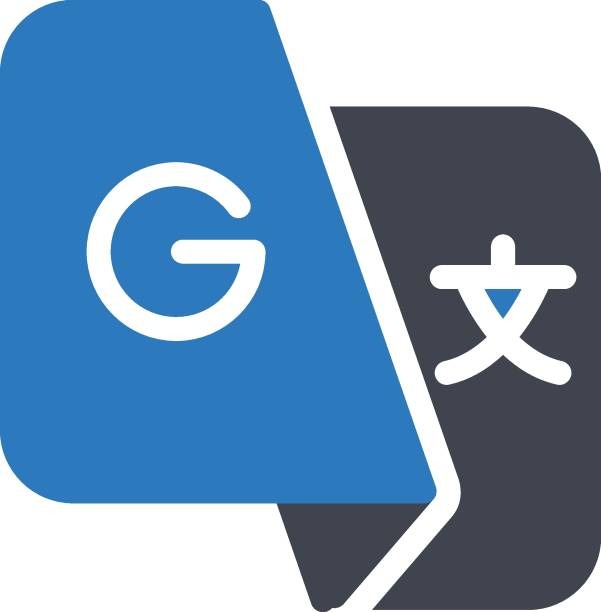Waiting for a Case to Conclude Is Expensive
Medical bills do not pause while an insurance carrier debates liability, and rent is still due even if a workplace-injury suit drags on for a year. That cash-flow crunch has led some plaintiffs to explore pre settlement funding—an arrangement in which a specialty finance company purchases a slice of the expected recovery in exchange for immediate money. Because the advance is non-recourse, nothing is owed if the case ultimately fails; the trade-off is a smaller final payout if it succeeds.
At its core, the company evaluates the strength of the claim, estimates the likely settlement, and wires an agreed-upon amount—often within days once your attorney supplies the case file. In return, the provider receives an assignment entitling it to a defined portion of the settlement once the defendant’s check clears. No monthly invoices land on your doorstep, but the provider’s take can be sizable because it must wait, perhaps for years, without interest or collateral.
Unlike traditional lending, lawsuit advances operate in a gray zone that varies by state. Lawmakers from Colorado to Florida have introduced bills that would cap fees or require clearer disclosures, a trend the National Conference of State Legislatures has tracked as part of a wider examination of third-party litigation financing. While a handful of states treat advances like consumer loans, most rely on broad consumer-protection statutes and common-law doctrines to police the space.
On the federal side, a Government Accountability Office report notes that data on the consumer litigation-funding market remain sparse, complicating efforts to craft uniform rules. The study highlights transparency concerns—courts, defendants, and even co-plaintiffs may be unaware that an outside investor has acquired an interest in the eventual award.
Attorneys facilitating an advance must juggle confidentiality, conflicts, and their duty to act in the client’s best interest. The American Bar Association’s recent “Litigation Funding Checklist” stresses clear communication: counsel should explain fee calculations, ensure the client understands potential reductions in net recovery, and confirm the funder will not influence strategy. Courts have disciplined lawyers who blurred those lines, so most reputable lenders require written acknowledgment that counsel remains in charge.
Federal watchdogs have stepped in when practices cross the line. The Consumer Financial Protection Bureau secured a judgment against Access Funding after alleging the company steered vulnerable consumers into costly transactions marketed as “independent” advice, illustrating that non-recourse status does not immunize a provider from fair-lending scrutiny. Though the case involved structured-settlement holders, the legal theories—unfair and deceptive conduct—mirror concerns regulators could raise against lawsuit-advance firms.
Because the advance is technically a sale, contracts rarely quote an interest rate. Instead, the funder states the dollar amount it expects to receive and sometimes sets a time-based step-up (for example, a higher repayment if the case lasts beyond a milestone). When converted to an annualized cost, the discount can rival or exceed high-interest loans. That is why consumer advocates urge plaintiffs to compare multiple offers and weigh whether a personal line of credit, short-term disability benefits, or even a family loan could bridge the gap at a lower overall cost.
Money conversations can strain attorney-client rapport and unsettle co-plaintiffs. Before signing, consider asking:
How much will the provider collect in every likely scenario?
Does the contract allow early repayment if the case settles sooner than expected?
Will I owe anything beyond the assigned amount—processing fees, courier charges, or underwriting costs?
Bringing these questions to your lawyer fosters transparency and reduces the chance of misunderstandings later. Effective communication, like any bridge in personal relationships, prevents small gaps from turning into costly disputes.
Digital platforms now pull docket information directly from state court databases and use algorithms to model likely outcomes. That speed benefits plaintiffs facing immediate hardship but also lowers barriers for newcomers, some of whom may be less scrupulous. As always, speed should not trump diligence: verify licensing where required, read contracts aloud, and confirm that your attorney is comfortable working with the provider’s timeline.
Not every cash crunch justifies selling future proceeds. Plaintiffs sometimes negotiate partial distributions with insurers after liability is accepted, or tap employer-sponsored disability coverage. Personal injury protection benefits in auto policies can also defray medical costs before the suit resolves. Each path involves its own paperwork, yet all preserve more of the ultimate settlement.
An advance on a pending lawsuit can relieve immediate stress, especially when medical bills or lost wages threaten basic stability. Still, the relief comes at a cost measured in future dollars you will never see. By studying regulatory signals, examining fee structures, and—most critically—talking openly with counsel and co-plaintiffs, you can make a choice that balances today’s needs with tomorrow’s outcome.




Want to add a comment?